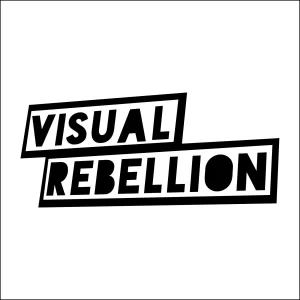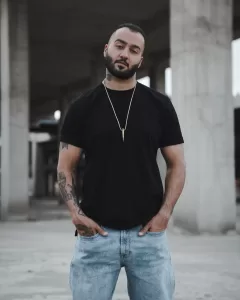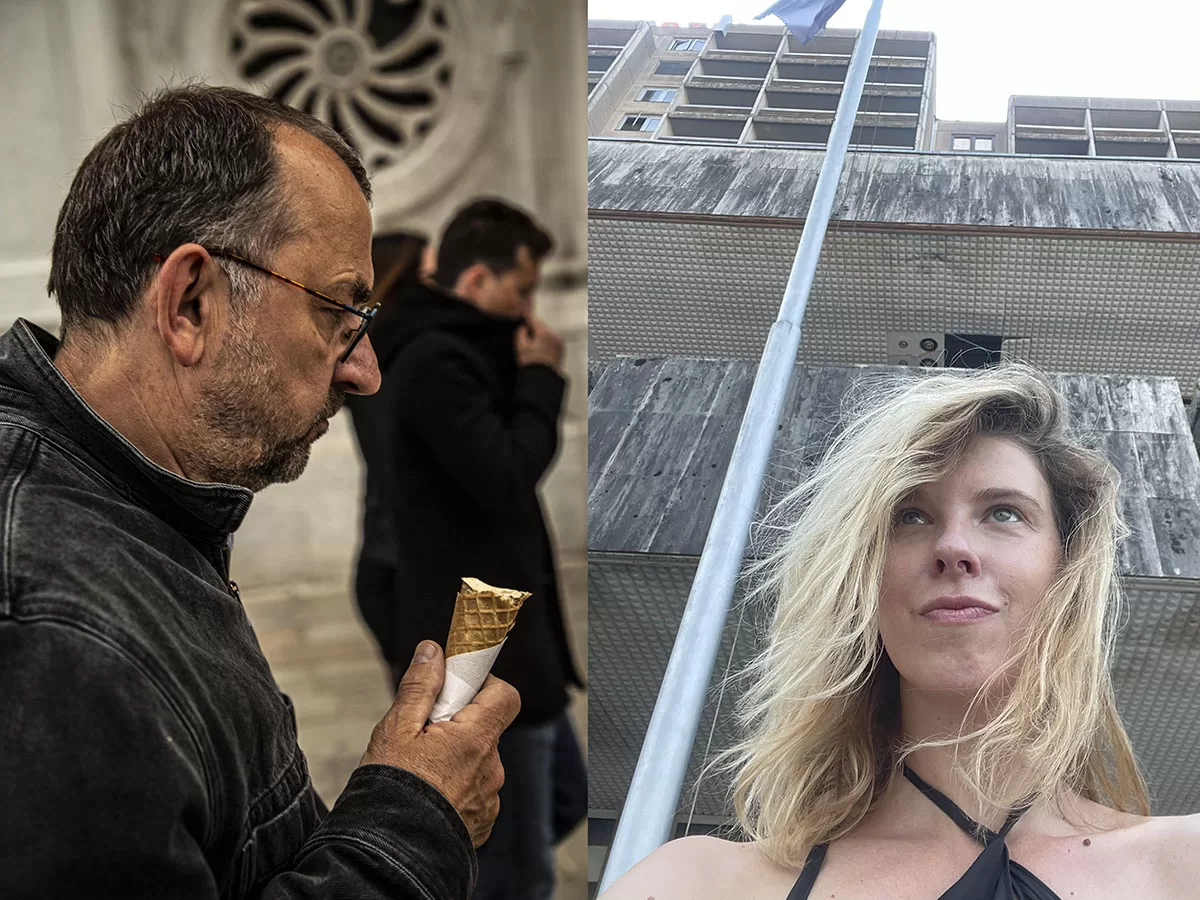22 Sep 2023 | Afghanistan, Awards, Burma, China, Fellowship 2023, India, Iran, News, Opinion, Russia, Ruth's blog, Somalia, Ukraine
For the last 22 years Index on Censorship has been proud to host the annual Freedom of Expression Awards. It’s an opportunity to celebrate the brave artists, journalists and campaigners from around the world who fight for freedom of expression in the most challenging of circumstances. There are some truly incredible nominees for the awards this year, who more than ever, are challenging the repressive regimes they live under to fight for the rights of ordinary people.
2023 has seen the continuation of Russia’s war on Ukraine with its horrific consequences for the people of Ukraine and the severe repression for those speaking out against the war in Russia. The CCP in China continues to repress journalists, particularly those who attempt to uncover the crimes against the Uyghur people, and activists and protesters for women’s rights in Iran and Afghanistan face vicious attacks from the authorities.
The shortlisted candidates for the Arts award are Visual Rebellion, a platform for sharing the work of photographers, filmmakers, and artists documenting the protests in Myanmar; Iranian rapper Toomaj Salehi, who sings about injustice and the abuse of civil society by the authorities, for which he has been imprisoned; and Ukrainians, curator Maria Lanko and artist Pavlo Makov, who have worked to protect Ukrainian art in the face of Russian war crimes.
The shortlisted candidates for the Campaigning award are Matiullah Wesa from Afghanistan who has worked to ensure all children, but especially girls, have access to education and educational materials; Russian student Olesya Krivtsova who has publicly opposed Russia’s war on Ukraine and has fled the country to avoid up to 10 years’ imprisonment; the Xinjiang Victim’s Database, which records the incarceration and persecution of the Uyghur population in Xinjiang province; and the Africa Human Rights Network which works to support and protect human rights defenders across the Great Lakes region of Africa.
And the shortlisted candidates for the Journalism award are Bilan Media, Somalia’s first women-only media organisation and newsroom; Mohammed Zubair, co-founder of the Indian fact-checking platform Alt News which has led to threats after challenging misinformation; and Afghan Mortaza Behboudi, in exile in France, who continues to travel to Afghanistan every month to work with different media outlets to ensure the voices of Afghans are heard.
The Freedom of Expression Awards are a time to remind ourselves of the importance of freedom of expression and to commit ourselves to protecting our own freedom of expression. It is easily lost but hard fought for. We must not forget that.
8 Feb 2023 | Iran, Iraq, News, Syria, Turkey
The murder of a 22-year-old Kurdish woman in Iran by the Gasht-e-Ershad 'guidance patrols' in September sparked protests worldwide. Celebrities cut off their hair and chanted ‘Women, Life, Freedom’ in support of the movement born out of her funeral. But ‘Mahsa Amini’ – as she is identified by the mainstream press – is a misnomer.
“Her formal name according to the Iranian state is Mahsa, but she was known as Mahsa only by the authorities,” British-Kurdish writer and organiser Elif Sarican told Index. “She was known as Jina to her family, friends and everyone that knew her. It’s what is on her gravestone.”
Sarican described the deliberate misnaming of Kurds as a tactic to deny their existence. The insistence on calling Jina the wrong name is “painful” she said, particularly when it’s by the mainstream media.
“It's very difficult in Iran – not impossible – but very difficult, to have a Kurdish name,” she explained. “The Iranian state is very specific about the kind of Iran it envisages. Unfortunately, similarly to other parts of Kurdistan, Kurdish people cannot name their children with Kurdish names.”
In 1990, Sarican and her family migrated to London from Maraş in north Kurdistan, the site of one of the largest Kurdish massacres in contemporary Turkey. It was aimed at people just like her family – Kurdish Alevis.
The unrest in Iran, Sarican says, is representative of a universal Kurdish experience. It’s an uprising of people that have been denied for 100 years.
“‘Women, Life Freedom’, or ‘Jin, Jîyan, Azadî’ in Kurdish, comes from the Kurdish Women's Movement,” she continued. “It’s a part of the Kurdish Freedom Movement founded by the imprisoned Abdullah Öcalan.”
Since the news of Jina Amini’s murder broke, the slogan has been adopted internationally as a symbol of solidarity. But the phrase, Sarican tells me, has been dissociated from its radical, political origins. It exists as a result of decades of struggle for women's liberation and marked a big shift in the Kurdish Freedom Movement when women's liberation was adopted and cemented as a core pillar.
“Bringing together women, life and freedom is what the Kurdish Freedom Movement ideology is. It’s based on radical democracy, ecology and women's liberation. All of these coming together is the only way to achieve freedom.”
It's no surprise, she explains, that Iranian protesters took inspiration and borrowed this slogan from their brothers and sisters in other parts of Kurdistan. “This is an expression of universal Kurdish struggle.”
The persecution of Kurds persists across the region. “100 years ago – and this year is the 100-year anniversary of the Treaty of Lozan – the Kurdish regions were divided into four nation states: Turkey, Syria, Iraq and Iran. As a result of that, the experience of Kurdish people has been denied,” Sarican explained.
Kurdish language, culture and political expression are suppressed across the region. Fundamentally, they are denied the right to exist, she says. In Turkey, in the last 10 years, many Kurdish activists, elected MPs, mayors and councillors have been imprisoned. Although the Kurdish language is no longer formally banned in Turkey, it is repressed.
“To have education in your mother tongue is an international human right,” she explains. This is not a right granted to Kurds in Turkey.
While the treatment of Kurds in Iran, Syria and Iraq is brutal, Sarican says, it is limited to their own borders. Turkey not only oppresses Kurds in its own borders, but has invaded Syria, and continues to build military bases in northern Iraq.
“They are interfering in the lives of Kurdish people in at least three areas of Kurdistan. When the protests were happening in Iran and there was solidarity being shown in parts of Turkey, the police brutally cracked down on these demonstrations.”
Mournfully, she tells me that this month is the 10-year anniversary of the assassination of three Kurdish women by Turkish intelligence in Paris. In a disturbing mark of the anniversary, three more activists were assassinated in the same location just a few weeks ago.
“The Kurdish people are feeling unsafe not only in most parts of Kurdistan, but also in other parts of Europe,” Sarican continued.
Kurdish people constitute 10% of Iran's population but make up about 50% of their political prisoner numbers. Many prisoners are denied proper health access, the most basic human rights, proper visits with family and connection with the outside world. Sadly, she says, many European states also extend these policies against Kurdish people in Europe.
“Kurdish communities are some of the most politically organised. The Kurdish freedom movement is not only one of the biggest political movements in the Middle East right now it is actually one of the largest social movements in Europe as well. [Criminalisation of our communities] really curtails and impacts the organising and protests.”
“Staying in tune with what's happening in Kurdistan is of the utmost importance. It’s important that any future, whether it's in Turkey or Iran – because it's all connected, very very closely – is a future that works for the people. That's a future of radical democracy, of ecology and of women's liberation. Because otherwise these theocratic dictatorships will cement themselves.”
She stressed the significance of understanding the political projects that are already in existence across Kurdistan, instead of trying to impose a Western solution. “My call would be for people to understand the Kurdish Freedom Movement programme and what it’s offering. Read the memoir of Kurdish revolutionary Sakine Cansiz. Read the works of Abdullah Öcalan. Understand what the political project is and how we can work together to realise it. [The crisis in the Middle East] will only result in an actual, meaningful freedom if there is a political vision, led by the Kurdish freedom movement. It's time we support that movement and come together to make sure that that is what the future of Kurdistan looks like."

 Visual Rebellion (Myanmar)
Visual Rebellion (Myanmar) Toomaj Salehi (Iran)
Toomaj Salehi (Iran)